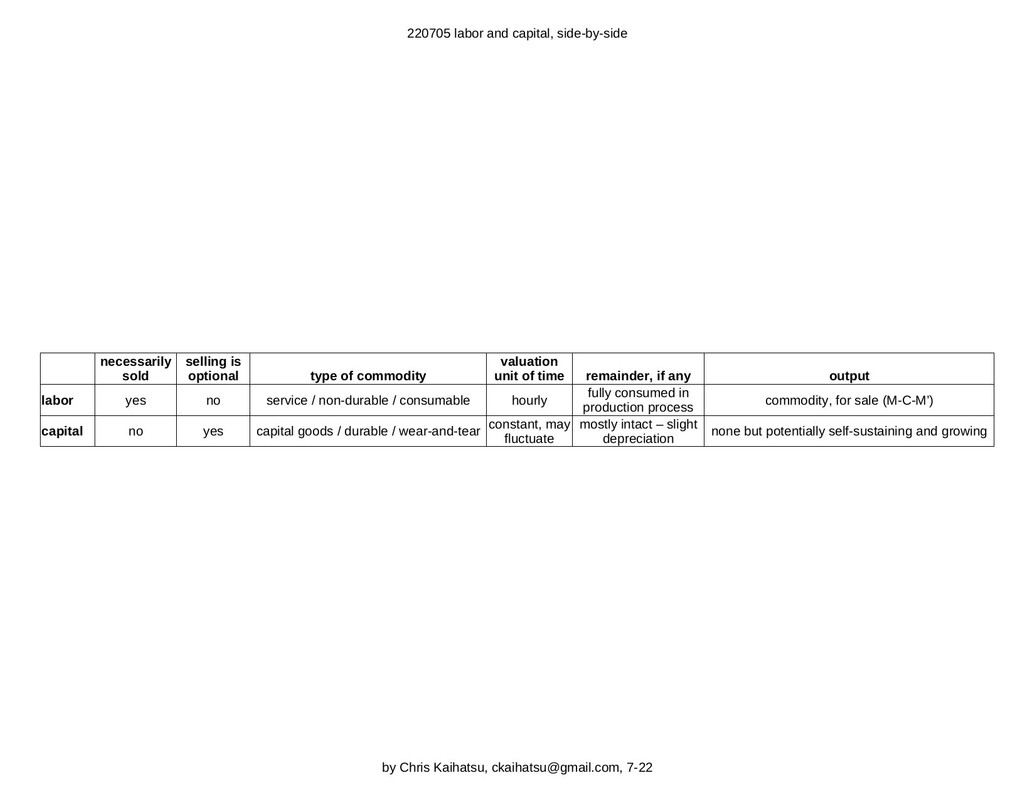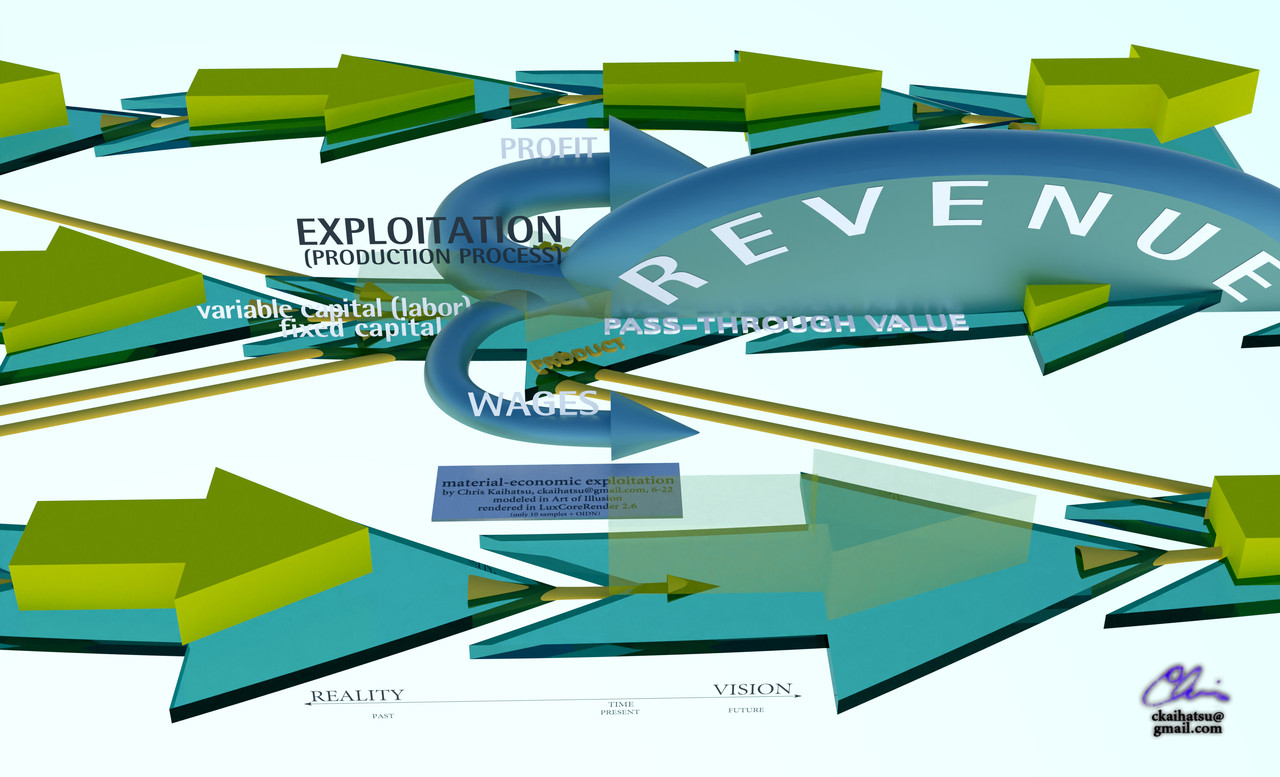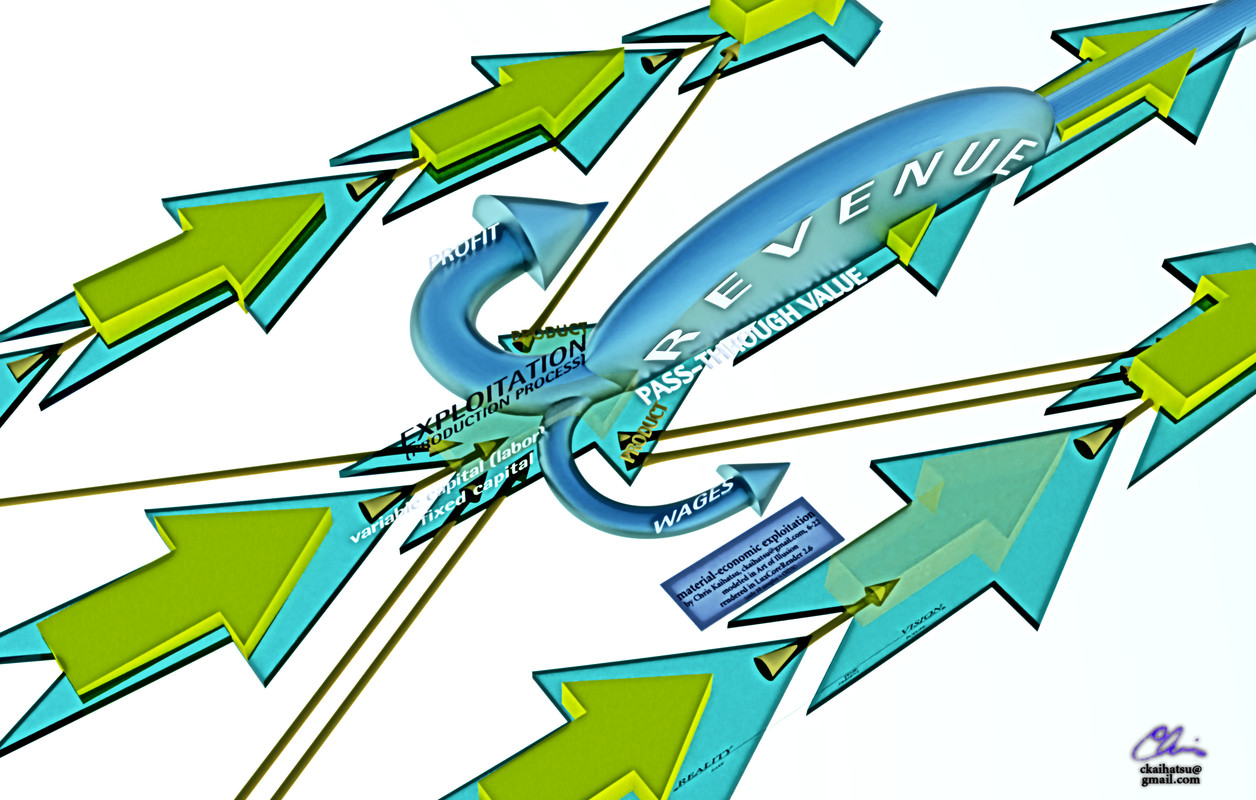- 09 Mar 2023 13:09
#15267505
TtP, and lurkers, I have it on the authority of 2 of the 3 founders of MMT that the Job Guarantee Program *IS* a key part of MMT. One will admit that it is a policy proposal, but the other sticks to the claim that MMT has zero policy proposals.
TtP it would be nice if you would not make unfalsifiable assertions like MMT is right about some things and wrong about others. Being specific is useful to your followers.
.
Truth To Power wrote:Wrong. Unlike MMTers, I just also understand some other things.
That is more accurately considered a policy that many MMTers support, but is not actually a part of MMT, which is descriptive.
It is a way to see modern debt-money-based monetary systems more clearly in some ways, but it gets things wrong in other ways.
Which makes MMT useless, or even harmful.
As long as MMT is used to paper over the root problem -- privilege, especially landowner privilege -- it will be worse than useless: it will be a distraction and a diversion.
TtP, and lurkers, I have it on the authority of 2 of the 3 founders of MMT that the Job Guarantee Program *IS* a key part of MMT. One will admit that it is a policy proposal, but the other sticks to the claim that MMT has zero policy proposals.
TtP it would be nice if you would not make unfalsifiable assertions like MMT is right about some things and wrong about others. Being specific is useful to your followers.
.










 Economics is determined by economies. I always win because I rely on indisputable fact and irrefutable logic.
Economics is determined by economies. I always win because I rely on indisputable fact and irrefutable logic.